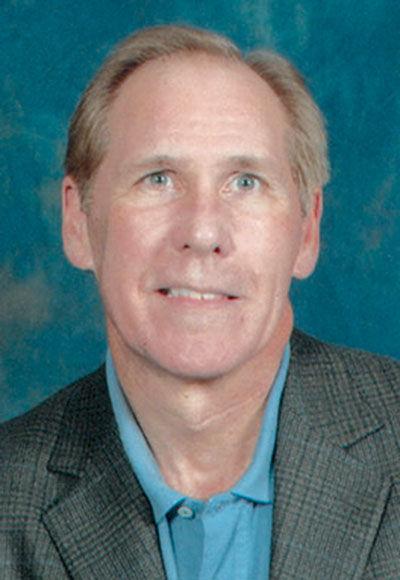What about tongue-speaking?
It was a number of years ago that I walked through the worship area on a Thursday morning and found someone had left their Bible the night before. I opened it to see whose name was on it and read an inscription on the front page. It was dated, and said, “On this day God gave me the gift of prayer language. Praise his name!”
Claire was a tongue-speaker.
Her note shocked me. I never knew this. I knew Claire as a capable administrator whom I loved having on church committees, an educator, a businesswoman and a Christian gentlewoman; I’d never known her as practicing “glossolalia.” Apparently, this was a private prayer language she never shared in our church.
The New Testament teaches a gift of tongues, or languages, bestowed by the Holy Spirit. Unlike the known languages in Acts 2, this Spirit language was “unknown,” requiring another person with the interpretation gift to share the message with others.
I grew up hearing pastors and reading theologians who called tongue-speaking wrong, even demonic. So, Claire helped form my personal judgment.
I’ve talked with several friends over the years who also claim the gift of tongues, and for them, it was also a private prayer language. Jack was a rock-solid Presbyterian elder. When I asked what this gift did for him, he flashed a big smile, and said, “It gives me great joy!”
The only statistical survey I ever remember was done by “Christianity Today” a number of years ago. They concluded some five percent of Christians claim this gift. Ray Stedman in his classic “Body Life” suggested 90 percent of Christians have the gift of service or ministry, doing what needs to be done, most often outside the spotlight of public acclaim. It’s true that pastoring, teaching, leadership and ministry are more wide-spread spiritual gifts.
It’s also true that glossolalia created some issues in the Corinthian church. Worship there could be a circus with people speaking over one another. This brought about Paul’s famous word that it’s better to have five clear gospel words in public worship than 10,000 words in a tongue. Thus, the ratio is 2,000 to 1. That’s pretty overwhelming!
The issue I see is the exercise of this gift could be disruptive, as it was in Corinth. Thus, the pastor, following Paul’s counsel, would ask for an interpretation. If none were given, the person might be asked to be silent and not interfere with the gospel message.
Personally, I don’t fully understand this gift, but I’ve grown not to be judgmental. What someone does in their prayer closet shouldn’t be a concern for me. I encourage everyone to study and prayerfully seek God’s gifts for ministry.
Reflections is a weekly faith column written by Michael J. Brooks, pastor of the Siluria Baptist Church, Alabaster, Alabama. The church’s website is siluriabaptist.com.


Meet the Editor
David Adlerstein, The Apalachicola Times’ digital editor, started with the news outlet in January 2002 as a reporter.
Prior to then, David Adlerstein began as a newspaperman with a small Boston weekly, after graduating magna cum laude from Brandeis University in Waltham, Massachusetts. He later edited the weekly Bellville Times, and as business reporter for the daily Marion Star, both not far from his hometown of Columbus, Ohio.
In 1995, he moved to South Florida, and worked as a business reporter and editor of Medical Business newspaper. In Jan. 2002, he began with the Apalachicola Times, first as reporter and later as editor, and in Oct. 2020, also began editing the Port St. Joe Star.